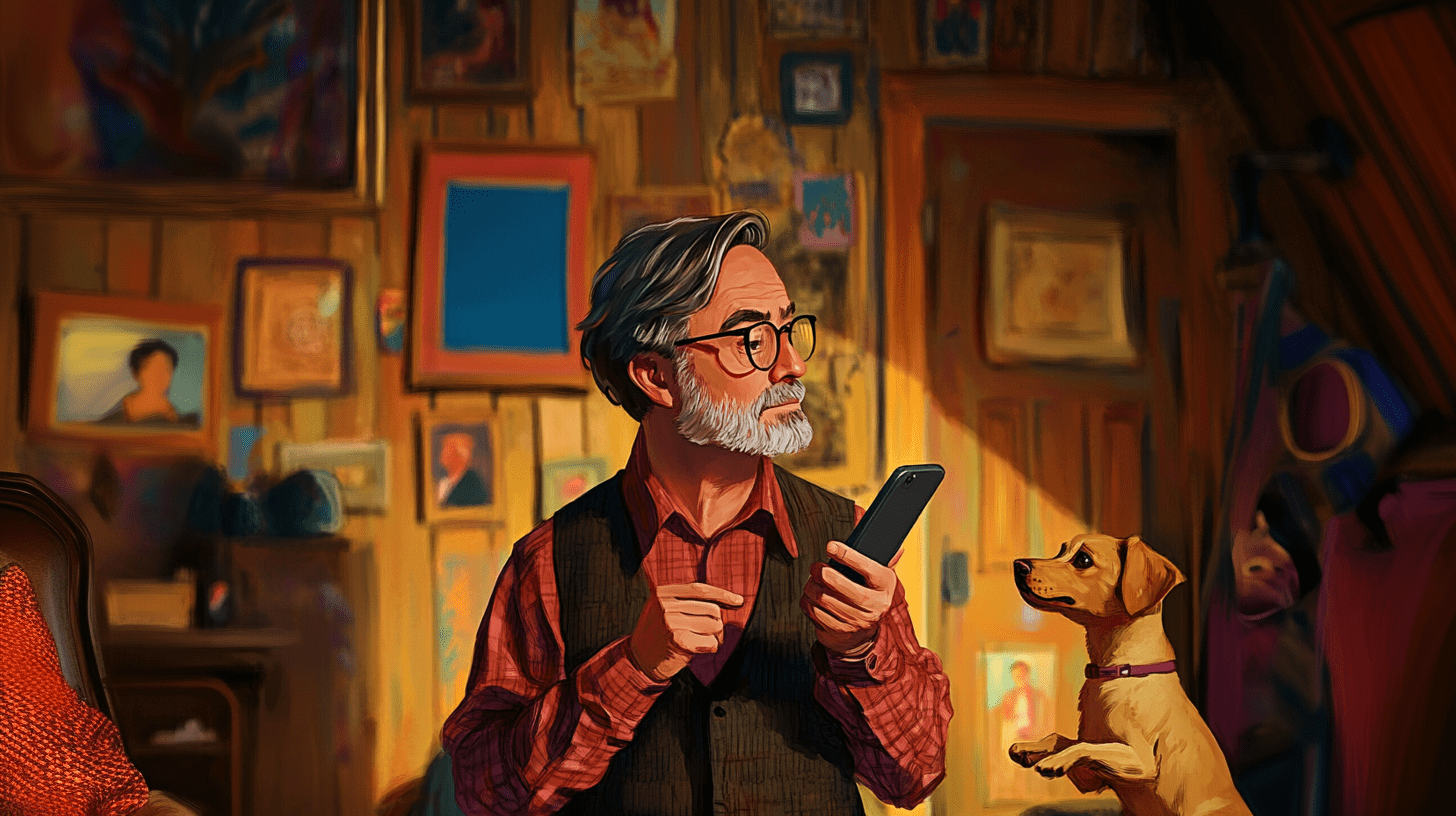TED talks have become a valuable resource in any walk of life. They inspire, enlighten, inform and delight, helping us all to learn in an engaging way. One of the strengths of the talks is that they reach out on a personal level and speak to us in a way that means we can apply that single principle to any aspect of our lives. Reading an article doesn’t seem to do that. Somehow the structure of
guides you through the opening paragraph, builds on that premise, then draws you to a single conclusion. Who knows what it is about TED talks, but they seems to suck you in to the moment and the taught principle, so that you may be learning about dinosaurs, but can apply what you have learnt to making pancakes. Communication has power to teach, and visual learning has power to indoctrinate.
TED talks are given by a huge range of people. Celebrities and public figures are the ones that most people remember, but anyone can be nominated to give a talk. It cannot be longer than twenty minutes in length and you have to have something important to say, but the way you say it seems to be the critical thing. You need to be persuasive. That may be the key to why you hear the talk, but apply it to your personal circumstances.
What is there to learn about from a TED talk?
If you could sum up a TED talk in one sentence a marketer would grab it and wrap every marketing campaign from here to eternity in it. Inspiration like that cannot be reproduced on demand. The spontaneity seems to be one of the keys that makes the information so paletteable and far reaching.
TED started in 1984 as a place where technology, entertainment and design converged but has branched out into everything, from global business to science issues. As I’ve watched hundreds of lessons created by experts on topics ranging from history to science, it’s became clear to me that I know very little about anything. Some things I learned: No one knows
why the moon looks huge when it’s on the horizon. Michelangelo’s statue of David was
sculpted with odd proportions because of the angle from which he intended people to view it.
Queen Victoria may or may not have had a tattoo of a tiger fighting a python. I now know that on August 21, 2017, there will be a
full solar eclipse. I also know to bring sunglasses, since I shouldn’t look directly at it. But how has that helped my day job as an online marketing professional?
Sometimes successful marketing campaigns are about letting go.
Tim Leberecht discusses in his TED talk about the upside of letting go of a tight control grip on a brand’s reputation to allow for growth. Reputations are built on relevancy and on conversation that is free-flowing and organic. This presentation highlights this, while demonstrating how loss of control can help spread and grow brand values. This is not something you learn at University. Marketing is all about being in control. Leberecht challenges this norm and, if you have the guts to try it out, can change the way you grow your business.
The chances are you’ve been wanting to learn a new skill within your professional field because it will help you in your job. Perhaps you’re interested in learning some basic graphic design principles or attempt a layout. Maybe you want to become a better copywriter PPC campaign creator. Whatever the skill, there’s probably something related to digital marketing that you’ve been eager to learn more about. Why not take lessons or try it out for 30 days? Go ahead, take a chance.
Matt Cutts did. Digital marketers can learn from him. What will you try?
You may wonder what Newton’s Law, Heisenberg Principle, and thermodynamics have in common with marketing,
Dan Cobley persuasively holds up a mirror about some of the strange things we marketers do that have their roots in science. Cobley shows how the laws of physics resemble basic marketing concepts – acceleration equals force over mass, for example.
It’s obvious that the presenter is passionate in the fields of both marketing and physics, so he masterfully connects the dots for the viewers of this talk in layman’s terms. The pragmatic application of scientific concepts in physics to developing a brand or business shows how marketing can be related to your fields of interest, thereby allowing you to have a much more profound and personal connection with marketing. When you connect the two you really can’t be anything other than impressed.
Originally shared in 2005, this message would seem to be even more relevant today than it was back then.
James Surowiecki goes in-depth by discussing the power of social media, the crowd mentality that discusses it and the way it can shape the world in his presentation, “The Power and the Danger of Online Crowds.” By understanding the perceived “turning point” in social media, social media marketers can use Surowiecki’s message to better reach mass audiences with a purpose. Now ten year sold, this advice is mind blowing in how accurate it is, and that leads me to wonder if we’re not missing the bigger picture here. If one man’s advice can still be irrelevant after a decade, are we focussing on the minutia too much and missing what should be our focus to move social media into a new direction.
Reddit’s
Alexis Ohanian uses a fictional story of a humpback whale’s rise to online superstardom to give powerful lessons that apply to online marketers. He does so by using examples of things you can easily recognise, like successful memes, infographics and other marketing tools that can make or break a social media marketing campaign. If you sell the
best mosquito killer – a product that I’m sure people like me love – the job of “marketing something that sells itself” requires a different approach on social networks. “How to Make a Splash in Social Media” unlike most other TED talks, will show you this approach precisely and give you the brief you need to make it your own.
With the rise of social media and the blurring of lines, especially in regards to privacy, many brands and marketers are left wondering what should be private, what should be public and how to make it all happen.
Alessandro Acquisti discusses privacy in “Why Privacy Matters” based on facts and well-documented research. While some statistics are shocking, the overall premise of the talk is this: online, privacy still matters, even with the rise of public sharing and open communication. The ripples of social media are insanely powerful – we often take for granted what one measly post can set off, such as a viral sensation or a breach of privacy. For example, Olshan Law describes the necessity of privacy and copyright protection in a social media age, even offering a specific
social media law section.
Brands and marketers alike must practice caution when sharing any piece of information, with serious thought being paid to possible after effects. As a social media marketer, this is more important now than ever before.
In this particularly fascinating talk,
Malcolm Gladwell, bestselling author of Blink and The Tipping Point and veteran of three TED talks all on different principles, manages to use famous brands like Prego and Ragu to show us the nature of choice and happiness.
He discusses how a jovial psychophysicist named Howard Moskowitz proved that by digging deeper into what consumers really want, companies can discover a robust niche market that increases sales. Howard did something that others overlooked – he embraced diversity of taste and preferences.
The bottom line: There is no one way to treat all consumers. You’ll see your marketing, and your spaghetti sauce, with completely new eyes after watching this.
The chances are that as a marketer you’ve been tasked with getting users to take some kind of action online. The action can range from driving traffic to your company’s website, to completing a form, to subscribing to a blog, or getting someone to make a purchase. Whatever the action may be, you are attempting to influence someone’s decision – that’s what we do, day in, day out. That’s why this talk is important. In just three minutes, one of the shortest TED talks on the website,
Derek Sivers shows us how to start a movement. This simple but moving idea is something that all marketers should take into account to get their audience to take action.
If you haven’t seen any TED talks, you need to. Its’ like the Pantheon full to the brim with the movers and shakers from the planet, with so much you can learn from – only this time you get into a learning institution, you don’t have to pay for it!
 Talk to a person
Talk to a person


